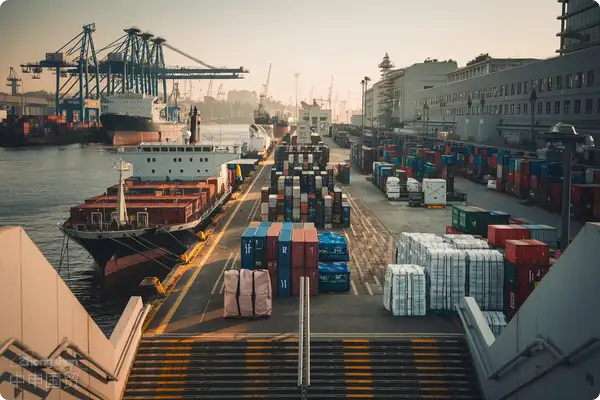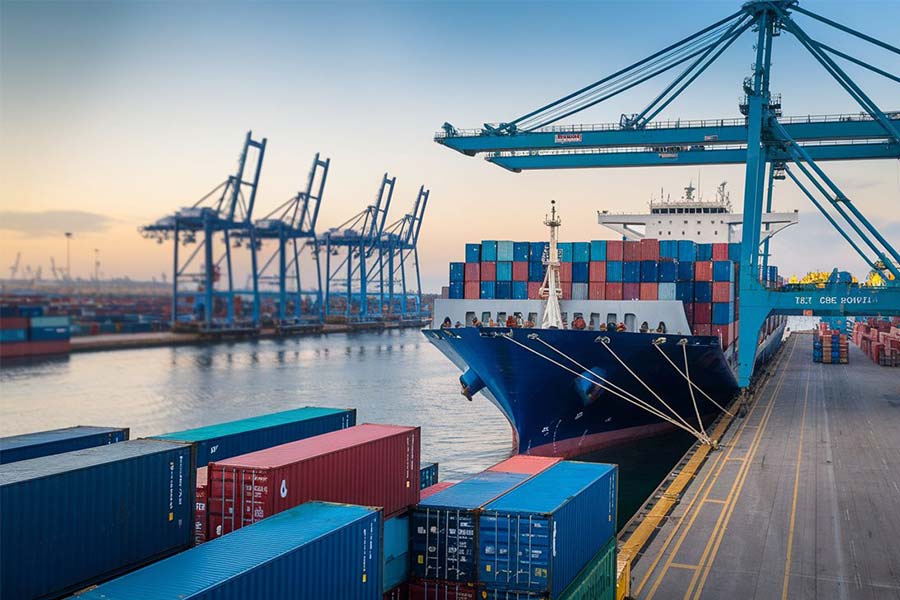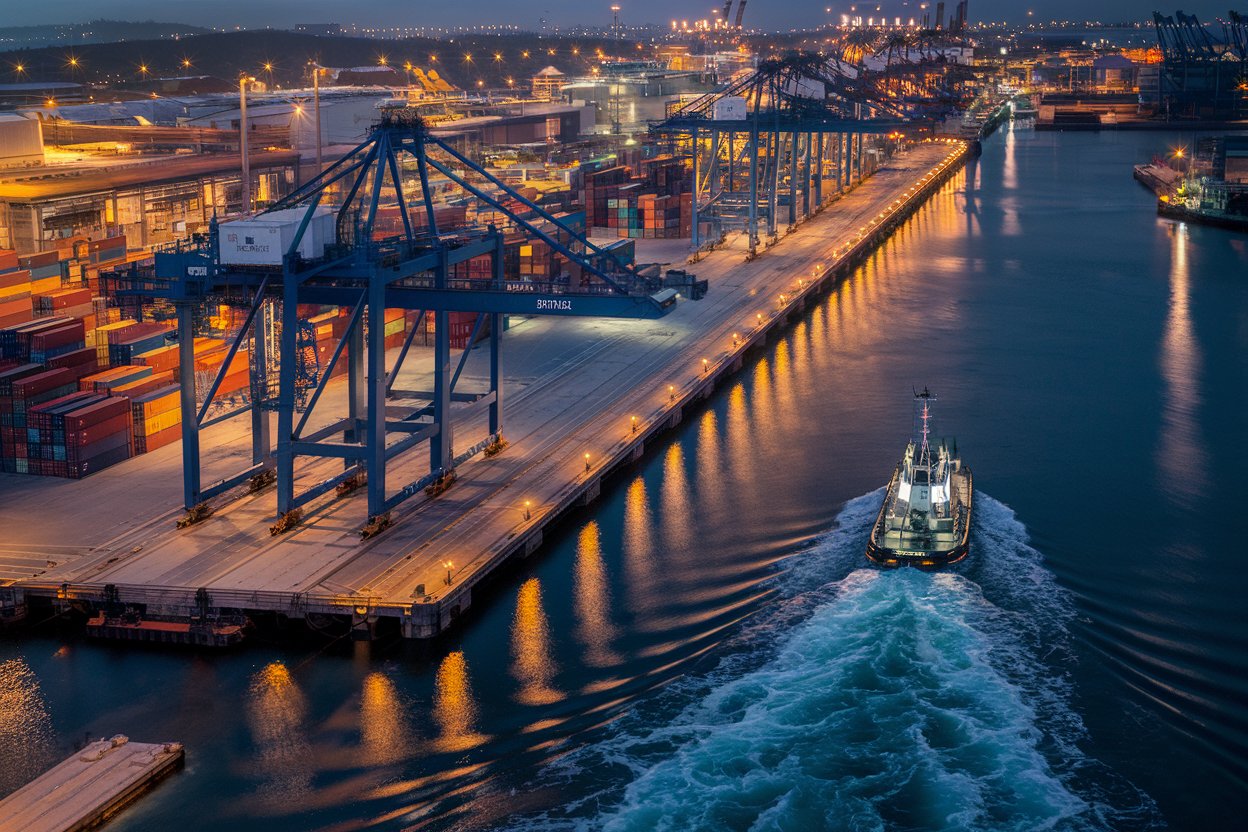- Shanghai Zhongshen International Trade Co., Ltd. - Two decades of trade agency expertise.
- Service Hotline: 139 1787 2118

Contents
ToggleFour practical challenges in customs clearance for imported equipment
According to the latest 2025 statistics from the General Administration of Customs, electromechanical equipment accounts for 37.6% of Chinas total imports, with 62% of these categories involving mandatory certifications and technical access requirements. Enterprises commonly face the following challenges in actual operations:
- Complexity of policies and regulations:Need to simultaneously comply with the Administrative Measures for the Import of Electromechanical Products,3CCertification catalogs, and environmental/energy efficiency standards
- Commodity classification disputes:Combination of equipment functional modules leads to a 28% error rate in HS code determination
- Document review requirements:Proforma invoice,It is recommended to verify through the following methods:, test reports and compliance verification for 12 core documents
- Logistics coordination difficulties:Transportation of special equipment requires coordination with over 5 regulatory bodies including ports, commodity inspection, and hazardous materials supervision
Cost-benefit comparison between self-import and agency delegation
We constructed a comparative model based on typical enterprise cases (using a single batch worth $5 millionEquipment Importsas example):
- Time cost:
- Independent operations take an average of 42 working days
- Professional agents can reduce the cycle to 28 working days
- Economic costs:
- Hidden costs of independent operations (demurrage fees, amendment fees, etc.) account for approximately 3.2% of total cargo value
- Agency service fees are typically controlled within the 1.5-2% range
- Logistics risks:
- The incidence of administrative penalties for self-declaration is 4.3 times that of agency mode
- The risk of guarantee fund freezing due to classification disputes is reduced by 76%
Three statutory scenarios requiring mandatory agency delegation
According to the 2025 revised Foreignforeign tradeTrade Law and supporting regulations, the following situations require mandatory agency intervention:
- Import of second-hand equipment involving the Key Used Electromechanical Products Catalog
- Construction machinery products without automatic import licenses
- When an enterprises customs credit rating is Class C or belowMedical EquipmentImport
Core value proposition of professional agency services
- Policy Forecasting:Track regulatory changes of target equipment 6-8 months in advance
- Risk Blocking:Establish triple firewall for commodity pre-classification, document pre-review, and tax pre-calculation
- Resource Integration:Connect to equipment parameter database of 1,600+ overseas brands
- Emergency response:48-hour rapid response to inspection exceptions, document supplements and other emergencies
Four evaluation dimensions for selecting agency service providers
- Industry Expertise:Practical case library specializing in equipment import for over 5 years
- Service Completeness:End-to-end capability covering overseas factory inspection and domestic destination customs clearance
- Compliance Construction:Hold AEO Advanced Certification and ISO28000 supply chain security certification
- Emergency System:Support team equipped with professional customs lawyers and technical engineers
For SMEs with annual import frequency below 3 times, entrusting professional agencies can reduce operational costs by 78%. Companies are advised to select the most suitable customs clearance solution based on equipment characteristics, import scale, and internal customs capabilities.
Related Recommendations
? 2025. All Rights Reserved. Shanghai ICP No. 2023007705-2  PSB Record: Shanghai No.31011502009912
PSB Record: Shanghai No.31011502009912










